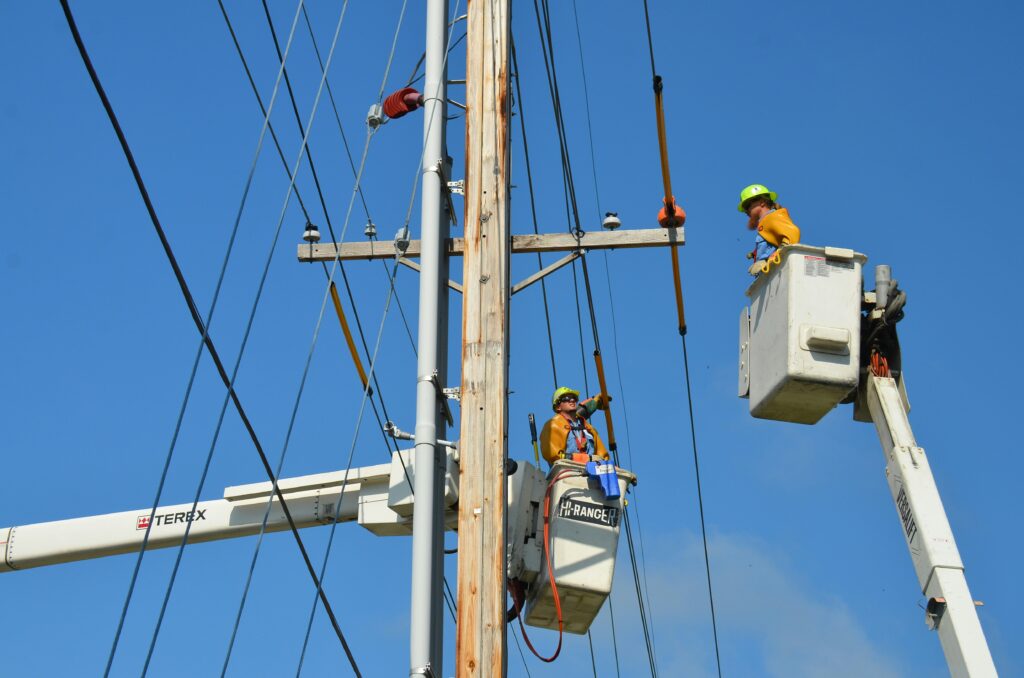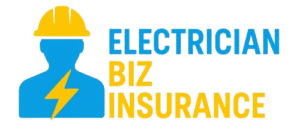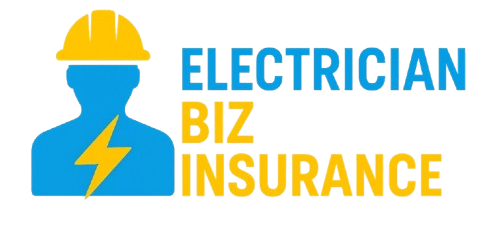Benefits of Residential Electrician Insurance for Home Pros

Benefits of Residential Electrician Insurance for Home Pros

Working as an electrician in California is a promising and rewarding career, but it’s also a profession tightly regulated for safety and legal compliance. Whether you’re a self-employed electrician, an apprentice, or running a larger electrical business, you must understand the California electrician license and insurance requirements to operate legally and protect your livelihood.
From obtaining the right credentials to maintaining proper coverage like electrician liability insurance and workers’ comp, this guide covers everything you need to know to stay compliant and secure in the Golden State.
Why Licensing and Insurance Matter in California
In California, electrical work is considered high-risk due to the nature of the tasks and the potential for property damage, injury, or even fatalities. That’s why the Contractors State License Board (CSLB) mandates strict licensing and insurance requirements for electricians and electrical contractors.
Beyond legal compliance, being licensed and insured enhances your reputation, builds client trust, and increases your eligibility for commercial contracts and city permits.
Types of Electrician Licenses in California
Electricians in California typically fall into one of the following categories:
Certified Electrician (for those working under a C-10 contractor)
C-10 Electrical Contractor License (for business owners or independent contractors)
Journeyman Electrician
Apprentice Electrician
To become a certified electrician, you must pass the state exam and complete at least 720 hours of instruction and 8,000 hours of on-the-job experience. Those running an electrical business must obtain a C-10 license, carry bonding, and fulfill insurance requirements.
California Electrician Insurance Requirements
All C-10 licensed contractors and businesses must carry specific forms of electrician insurance California to remain compliant and protect their operations.
1. General Liability Insurance
This is often the minimum requirement. It protects against third-party bodily injury, property damage, and legal claims. Many government and commercial clients require proof of electrician liability insurance before allowing work to commence.
2. Workers’ Compensation Insurance
If you have employees, California law requires you to carry workers compensation insurance. This coverage pays for medical bills, lost wages, and rehab costs in case of a workplace injury.
Explore coverage here:
🔗 Electrician Workers Compensation Insurance California
3. Commercial Auto Insurance
If your electrical business uses vans or trucks for job site visits, you’re legally required to have electrician business auto insurance. Personal auto policies typically don’t cover business-related incidents.
4. Bonding
California mandates a $25,000 contractor license bond for C-10 license holders. This bond protects consumers from financial harm due to unethical or unlawful business practices.
Optional but Recommended Insurance Coverages
Beyond the minimum, it’s wise to consider:
Professional Liability Insurance: Covers errors or omissions in your work.
Electrician Tool Insurance: Protects expensive tools and equipment.
Umbrella Insurance: Adds extra liability protection beyond your base policies.
Electrician Inventory Insurance: Ideal for businesses with a warehouse or supply stock.
Electrician E&O Insurance: Especially important for design-build firms.
For customized coverage, visit:
🔗 Western Insurance – Electrician Coverage Options
What Happens If You’re Not Licensed or Insured?
Unlicensed or uninsured electrical work is illegal in California and can result in:
Heavy fines or license revocation
Lawsuits for property damage or injury
Denied insurance claims
Loss of business reputation
Criminal charges for fraudulent operations
Always carry proof of license and insurance on the job to avoid delays or disputes.
How to Verify Your Insurance and License
Electricians and clients alike can check licensing status via the CSLB’s official website. To confirm insurance, request a Certificate of Insurance (COI) from your provider, showing your electrician liability insurance, workers comp, and commercial auto coverage.
Clients increasingly search for licensed and insured electrician near me or insured electrician Los Angeles—meaning showing proof can give your business a competitive edge.
Frequently Asked Questions (FAQs)
It typically includes general liability, workers comp, equipment protection, and auto insurance. These protect you against lawsuits, injuries, tool damage, and more.
While not always required by law, most states (including California) require liability coverage, especially if you’re a licensed contractor. Homeowners also prefer insured professionals.
Absolutely. Even self-employed electricians face risks like tool theft, property damage, and legal claims. Explore self-employed electrician insurance for affordable options.
Many providers, including Western Insurance, offer one-day electrician insurance or hourly electrician liability insurance to suit your workflow and budget.
You’ll receive a Certificate of Insurance (COI) which you can show to clients, partners, or general contractors. This proves you’re a licensed bonded insured electrician.
For more insights or to customize your coverage, visit Western Insurance.

